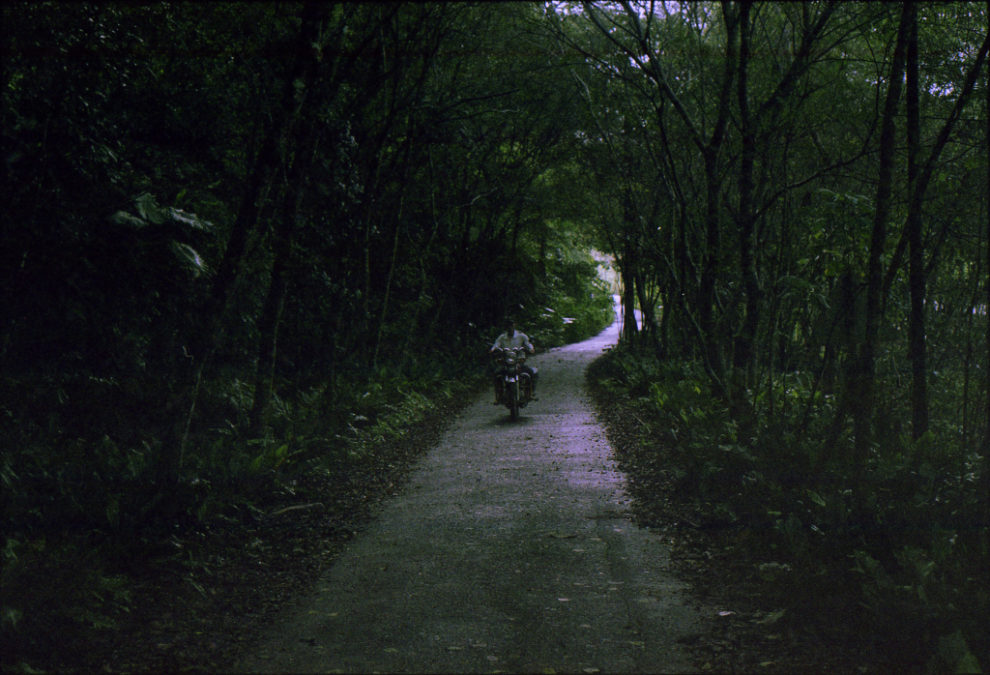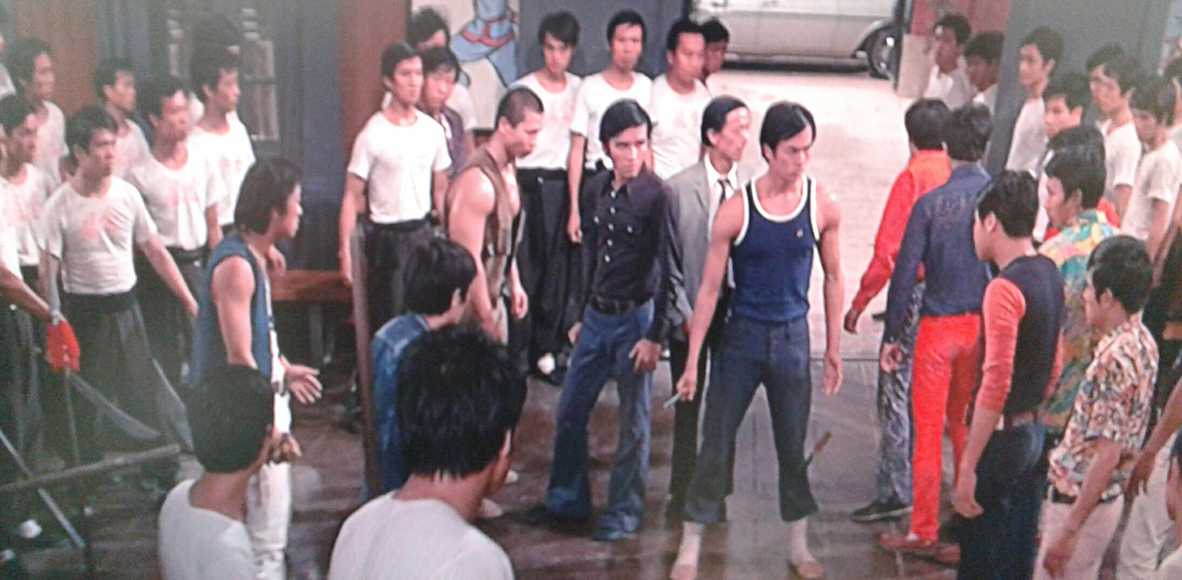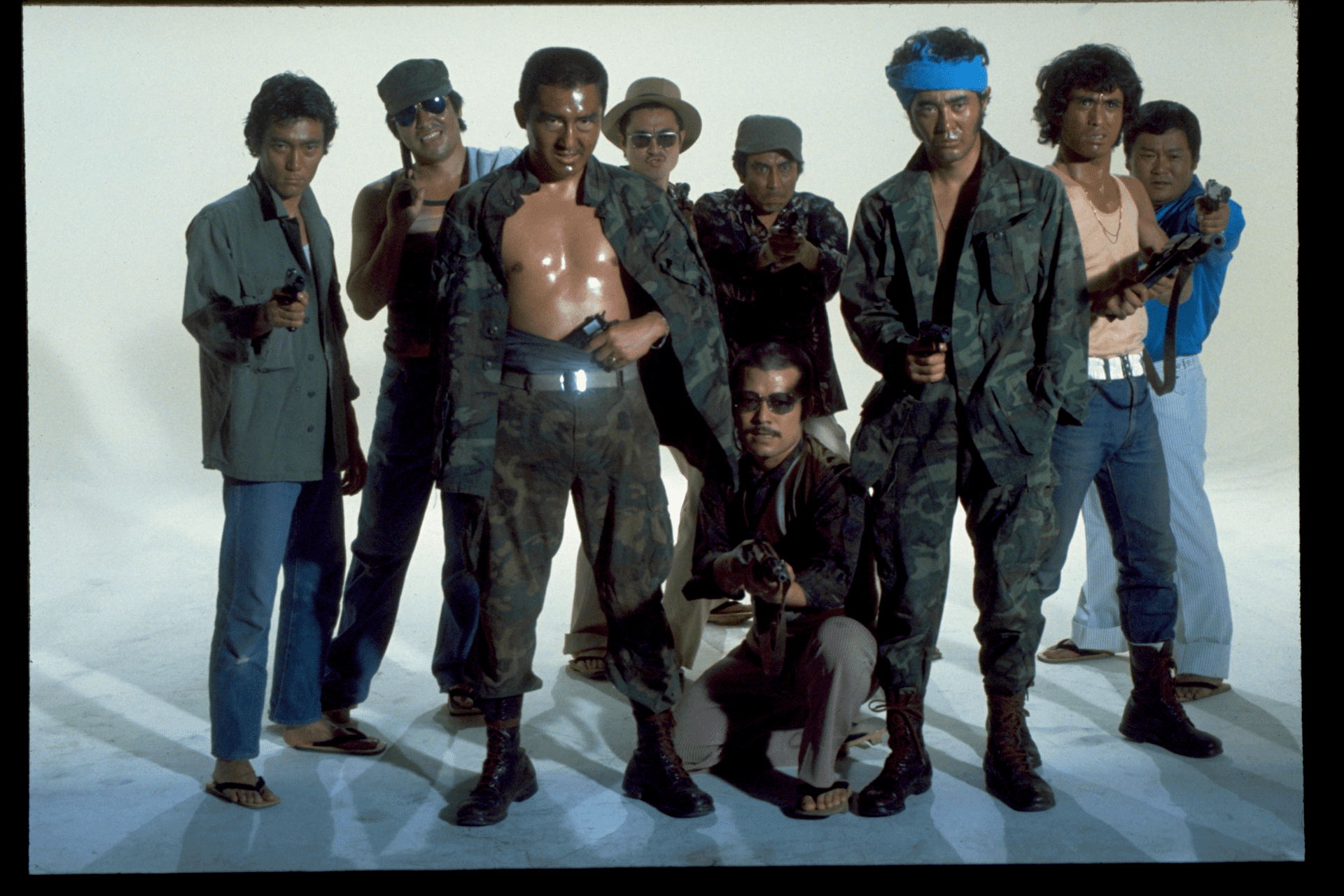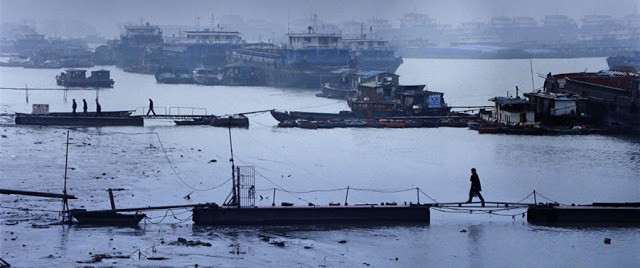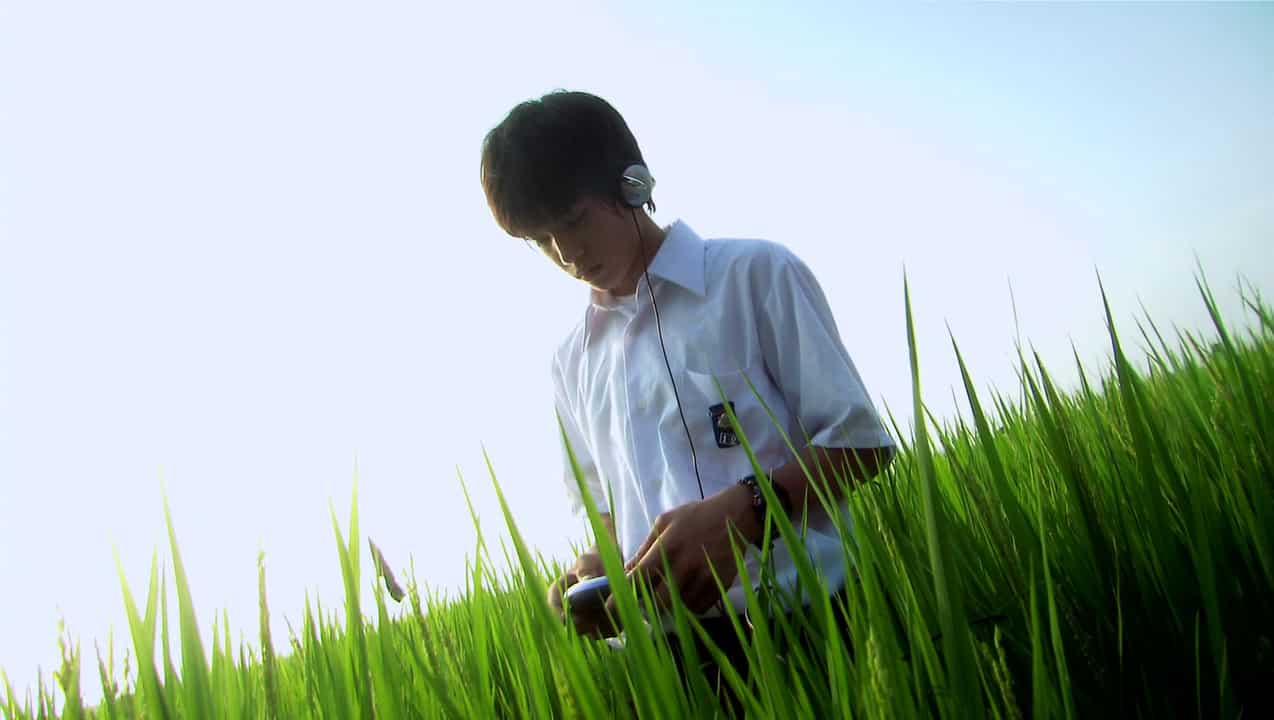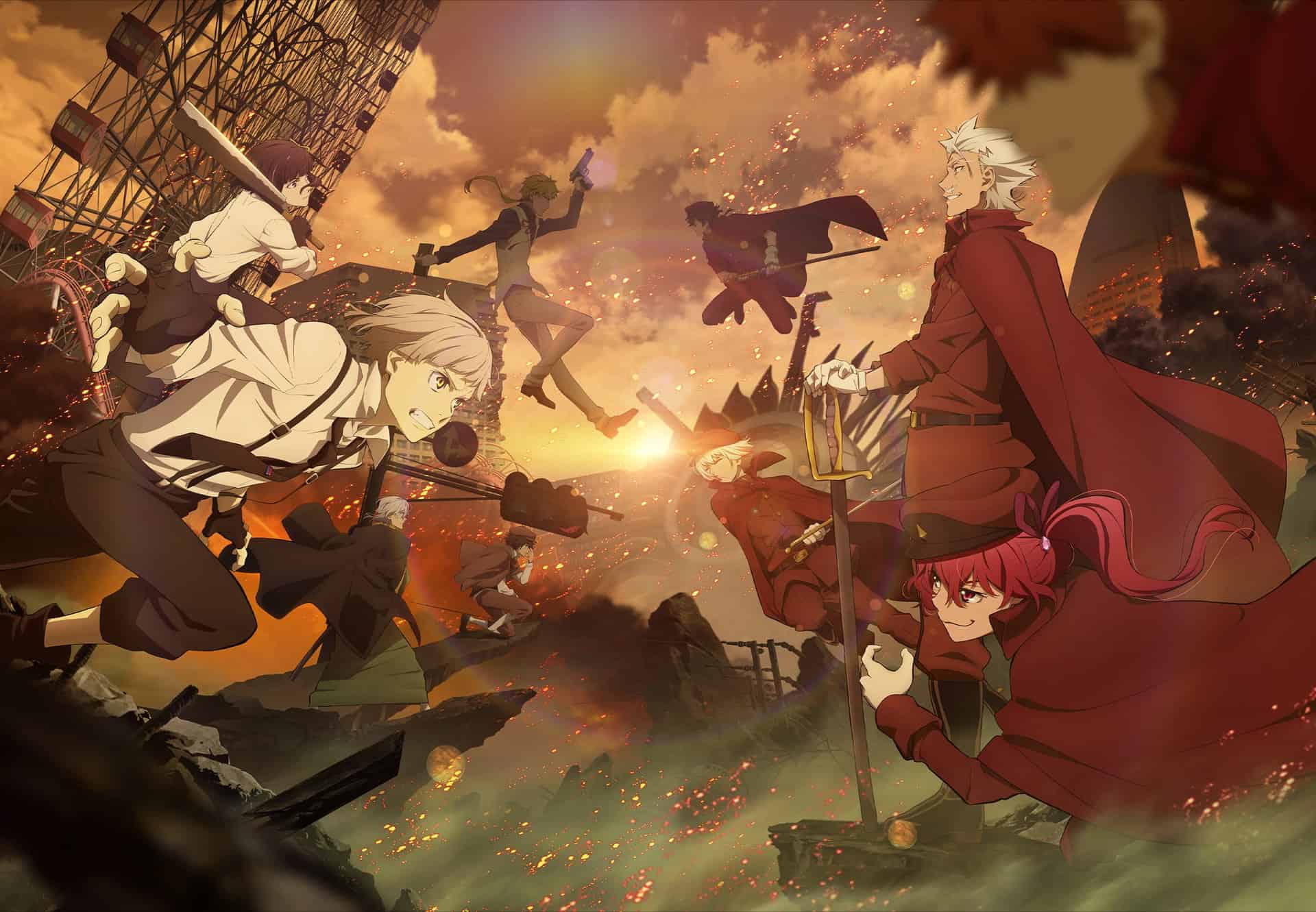Su Hung-en's documentary portrait of his grandfather depicts the man as a rock: solid and unmoving while the world beneath him changes. Filming his grandfather as he goes about his daily life, Su combines the story of Teymu Teylong with archive footage of Taiwan's political climate, showing the world which Teymu has inhabited, yet is also detached from.
“The Mountain” is screening at Taiwan Film Festival Edinburgh
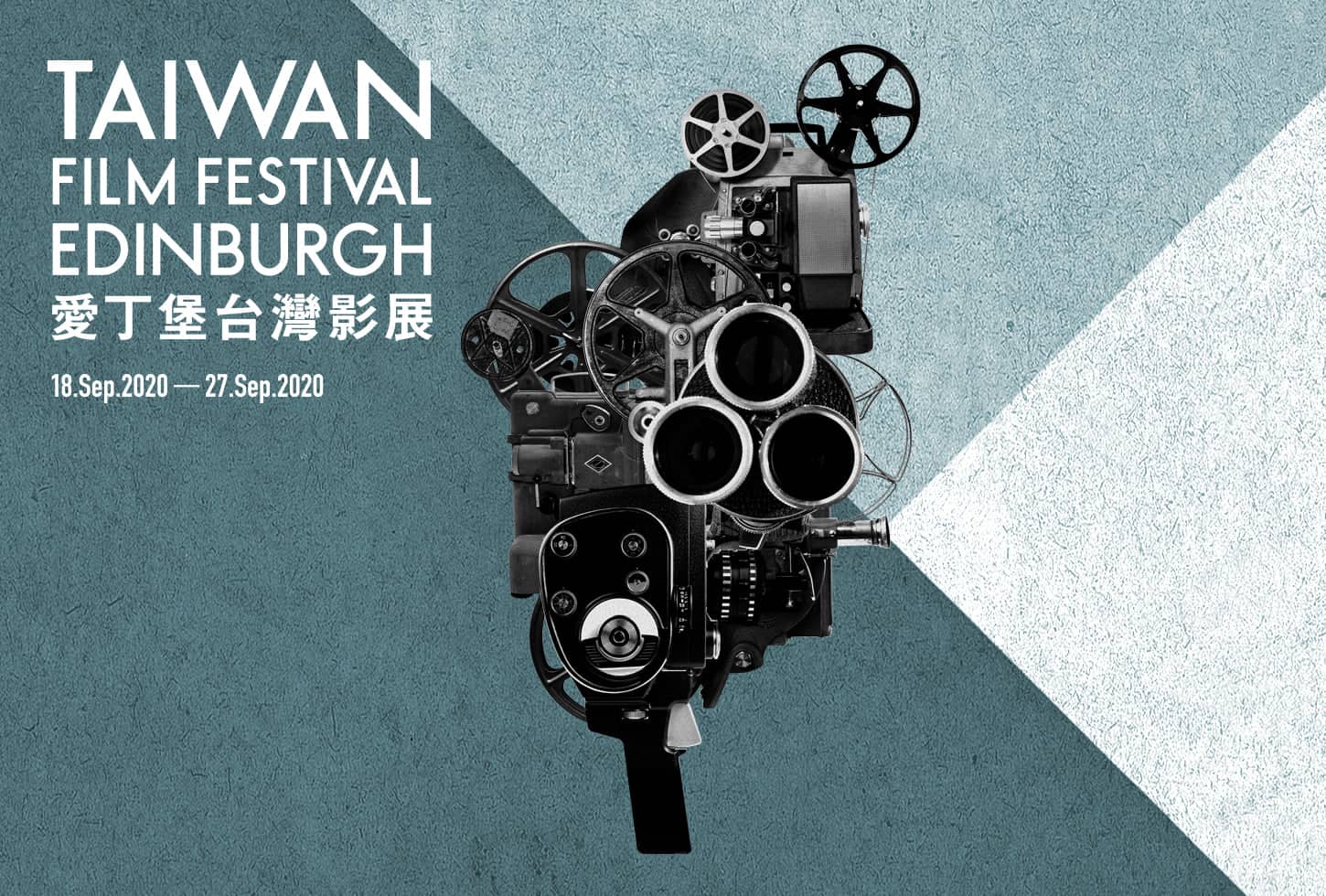
Born under Japanese rule, our story starts in 1930. Teymu grew up speaking Japanese and also worked for a Japanese family. But, with the emergence of war, the family, and the Japanese by-and-large left. Becoming a hunter and farmer, he was noted for his skills and married, but as his family grew, so did his need for more money, and so he left his family to become a sailor. Returning as a construction worker, he now oversees his farm as a widower, going about his daily life on the mountain hunting in relative peace, following indigenous traditions while the country below sees waves of change and unrest among its people.
Su's approach is an interesting one, running two separate stories and techniques alongside each other, but while connected, couldn't be further apart. The archive footage used at various stages in Taiwan's history in the 20th century starts off essentially as propaganda films by foreign powers, namely the Japanese and Chinese, not-so-subtly stating the benefits of their influence over the indigenous peoples of Taiwan. As time passes, the archive footage turns into rallies and protests by indigenous people, tired of how they are disrespected and treated.
Half of the documentary, therefore, has a political slant throughout, though Su simply shows the footage as it is; timestamps throughout history. Teymu, however, is seemingly apolitical and completely apart from these images up in his mountain. Political change simply does not seem to bother him. Instead, far from the political, Teymu carries out traditions and rituals as if they never went away. The slow paced, or indeed static, camera focuses on Teymu conducting his work in a tranquil and relaxed manner that absorbs the audience. However, the very graphic nature of animal slaughter and butchering make this also a challenging and provocative watch. Su works an intended balance into almost every chapter.
Increasingly old and of ill-health, he is becoming less able to do what comes natural to him, with others needed to help out. He now is left to sit and reflect on his life and regret that he left his wife with a hard life while he was away, sending her to an early grave. But his reflections are personal rather than the political of the recent history of his people.
Many have come and gone, but Teymu is the mountain watching over it all. This is his home, his place of sanctuary and retreat, away from all the worries of the world.


